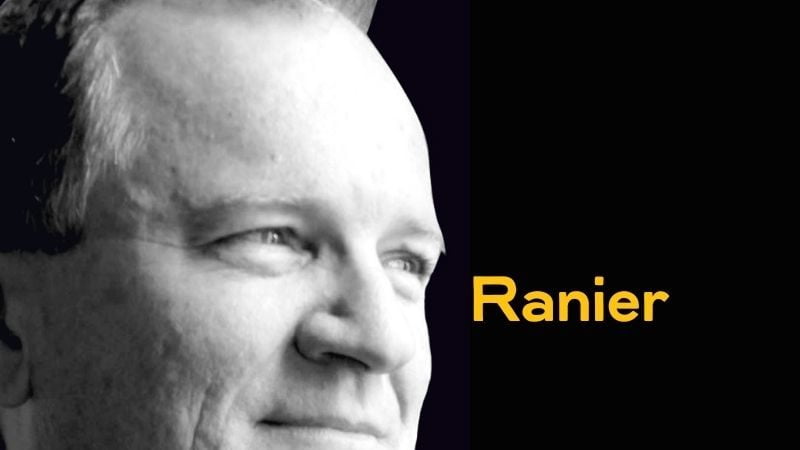They slipped under the radar, Malta’s most significant responses in the State of the Union Eurobarometer survey conducted in August.
Over a third (36%) of Maltese feel that, on a personal level, things are moving in the right direction. That’s more than twice the number (17%) who feel things aren’t going right for them. It’s almost as high as the number who think their personal life is in neutral (43%).
Despite that level of satisfaction, however, only a quarter (26%) think the country is moving in the right direction. In other words, some of the respondents seem capable of distinguishing between their personal wellbeing and the country’s. Even if they’re doing well, they can see the country isn’t.
There’s nothing extraordinary here — but that’s the news. We’re just like the rest of the EU-27, whose respondents, on average, feel they’re doing well personally while thinking their own country is going wrong.
Why should being average be news? Because conventional wisdom says the Maltese voter is a special breed, cynical and amoral, incapable of distinguishing between personal and collective wellbeing. Or is at least indifferent to it.
The survey also shows that Maltese respondents (83%) are favourable to rule of law concerns and making EU funds conditional on those concerns being addressed. We scored slightly above the EU average.
Is there something wrong with the survey’s methodology? Web interviewing in August, plus recruitment from social media networks, have their biases. But, to go by its campaign messaging, Labour must be getting results similar to the Eurobarometer poll.
It’s true that, as the general election looms closer, Labour patronage is going into overdrive. Many voters are leveraging their vote and will want to protect their gains, no matter what it does to the deficit.
Patronage is only one aspect of Labour’s campaign, however. It does tell us something about the electorate — but all of it? Only the naive see voters as a mass. Political parties chase segments, finely distinguished, and individuals.
Among all the segments, the EU barometer survey points to one that Abela began to address this summer. It’s a significant, broad enough segment that a major part of Labour’s electoral pitch addresses it.
It’s made up of voters who think the government has largely done a good job in dealing with Covid-19 and vaccinations — Maltese satisfaction tops the EU survey — but who are also keen to see significant change in how the country is run.
Abela’s response? To acknowledge the need for change while saying he’s the best bet for change that won’t ruin what you think is going right.
His message: the best alternative to Labour is… Labour. The need for change is acknowledged — then reframed. The voter is meant to read between the lines: change Labour with your vote and help Abela work on your behalf.
Critics say that only voters indifferent to corruption would vote for Labour again. But this assumes that voters trust the media reporting on corruption, that they keep up with everything published, and that different cases don’t blur into each other a short time later.
It’s an assumption, in other words, that the country is full of high-information voters. Good luck with that — not even activists manage it.
The other error is to think that there’s only one way of defining the electoral choice — rule of law versus creeping autocracy. Abela knows better. He’s busy redefining the choice by asking voters: Who would you rather trust with the health system? And the economy?
If you’re reading this, then you’re a high-information voter when it comes to how Labour corruption led to the pillaging of our health system (the VGH scandal) and to the dark clouds on the economic horizon.
But can you put a face to the Nationalist Party’s lead speaker on health? Or ADPD’s for that matter? (And are you reassured if you can?) Ditto for finance.
When Abela asks voters who they would rather trust with health, he’s asking them to think of a face. They can think of Chris Fearne and… who? The alternative is a dark black hole.
Even a voter who can think of Fearne’s several political shortcomings will be nudged to see the choice as one between a known quantity and a leap in the dark.
If that’s how voters come to frame the choice, then they’re not giving a blank cheque to corruption if they vote Labour. They would think of themselves as being prudent in circumstances they don’t like but which they can’t control.
Of course, that framing of the choice would be the result of cunning propaganda. But the spinning rests on the recognition that not all voters are cynical and that a significant portion do try to think of what’s best for the country, not just themselves.
Abela, like Joseph Muscat before him, is more grounded than many of his critics.













Weird how barren the comment section is here… lots of unpleasant truths, I reckon.